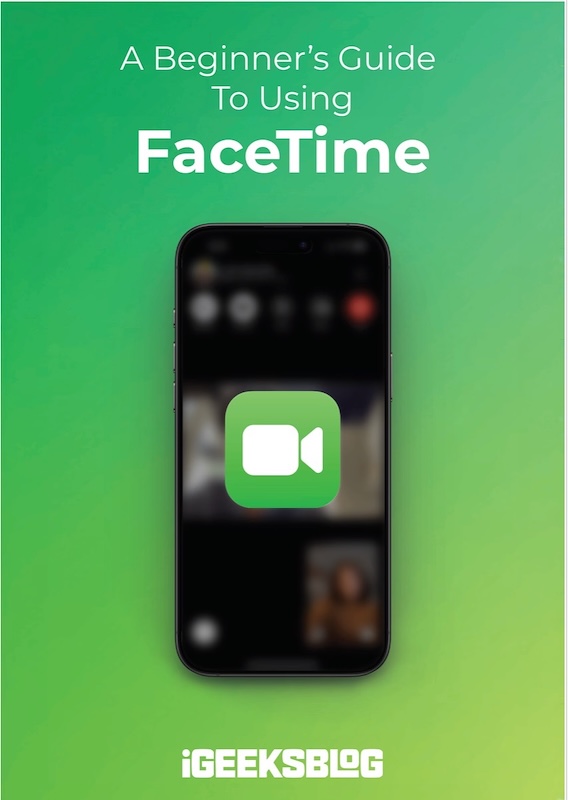
FaceTime Like a Pro
Get our exclusive Ultimate FaceTime Guide 📚 — absolutely FREE when you sign up for our newsletter below.

FaceTime Like a Pro
Get our exclusive Ultimate FaceTime Guide 📚 — absolutely FREE when you sign up for our newsletter below.
Foldables are no longer a niche. With Samsung’s Z Fold 7 hitting record sales, Apple’s long game with the iPhone Fold looks more strategic than late.
Apple’s long-rumored foldable iPhone is now expected in 2026, a full seven years after Samsung introduced the original Galaxy Fold. On the surface, that might sound like a late entry. But Samsung’s own positioning around its latest generation of foldables suggests Apple may be stepping in right on time.
Samsung says demand for its new Galaxy Z Fold 7 and Z Flip 7 has hit record levels in the U.S., signaling a broader shift in consumer acceptance of foldable smartphones:
That marks a major turnaround from early models, which were hampered by screen failures, bulky designs, and uncertain market appeal. Drew Blackard, Samsung’s SVP of Mobile Product Management, says
Foldables have now reached an “inflection point” where they are truly mainstream.. Years of feedback have shaped the design, durability, and software to a point where the experience clicks for users. When people go hands-on with a Z series device, they’re hooked
This evolution underlines why Apple’s 2026 timeline might actually be strategic. Rather than entering during the experimental phase, Apple will launch into a segment that’s had time to stabilize, where foldables are no longer a curiosity but a category with proven traction. That gives Apple the opportunity to bypass years of trial-and-error and focus instead on polish and refinement from the outset.
Samsung’s seventh-gen devices finally deliver what early adopters were asking for all along: thinner builds, better durability, and a more confident design language. But it took six generations of incremental improvements, user feedback, and public missteps to get there.
Critics have called Apple late to the foldables race. But the more accurate read might be that Apple has waited until the race reached the stadium. With hardware more reliable and software use cases more defined, the market has matured enough for a company like Apple to enter with a product that doesn’t feel like a science project.
Assuming current reports hold, the first iPhone Fold will launch into a market that’s ready. That gives Apple the breathing room to deliver something closer to a complete product, not a beta test wrapped in premium pricing. Historically, Apple has made similar late-move bets work before. And this timing could be less about delay and more about calculated patience.
Would you buy a foldable iPhone in 2026, or is Apple still too late to the party? Sound off in the comments.
Don’t miss these related reads: